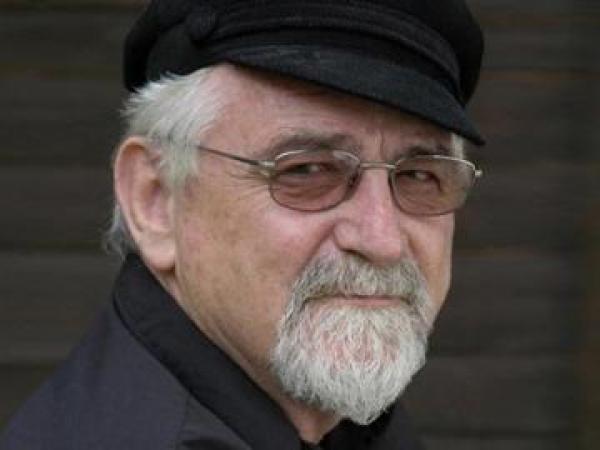COSATU still divided after national congress

Behind a very flimsy screen of unity and cohesion promoted over the past week by Cosatu president S’dumo Dlamini, the divisions in the country’s largest labour federation have become even greater. And, amid a welter of contradiction and debates about constitutionality, it is not surprising that so much confusion reigns.
On both sides of the divide, the message of unity and cohesion is touted. This was the very reason, as acrimony surfaced within Cosatu, that nine affiliates called for a special national congress (SNC) to resolve matters of policy direction and leadership.
Behind this was concern about what was perceived to be a move away by the executive from radical proposals advanced at the previous 2012 congress. There were also questions about the attitudes adopted toward issues such as the Marikana massacre and the controversial spending on President Jacob Zuma’s Nkandla residence where Cosatu has been uncharacteristically quiet.
But although the Cosatu constitution — as this column consistently pointed out — made it obligatory for the Cosatu president to call an SNC, Dlamini refused, stating initially that there were insufficient funds.
Had an SNC been called at that stage and the arguments and differences openly thrashed out by delegates from all affiliates, it is probable that the existing acrimony and fragmentation might have been avoided. But this might also have meant a change of leadership and a move away from almost unconditional support for the ANC and SA Communist Party.
Instead, and over months, this fairly straightforward issue was complicated by political manoeuvring, the involvement of an ANC task team, resort to the courts and the suspension of general secretary Zwelinzima Vavi. Within much of the media, the original arguments were lost as the issue was presented as a clash of personalities: Vavi vs Dlamini.
Then came the expulsion of Numsa that, over the past 18 months, has become the fastest growing union in Cosatu, overtaking mineworkers’ union, NUM, as the federation’s largest affiliate. The reasons advanced for Numsa’s expulsion added to the confusion since they appeared to contradict both reality and the Cosatu constitution.
Numsa was expelled because the union allegedly breached the Cosatu constitution and the policies of one union, one industry and support for the ANC-led alliance. However, the reality is that Cosatu unions have never adhered to — or been forced to comply with — the one industry, one union policy. And neither the Cosatu constitution nor its policies compel affiliates to support the ANC-led alliance or any political party.
The constitution is also clear that the executive has no ultimate power to expel any affiliate or office bearer. This power resides only with a national congress. And, as Katishi Masemola of the Food and Allied Workers’ Union has pointed out, there is no distinction between a special or scheduled national congress. Numsa and Vavi should, therefore, have been present this week to make their arguments and submit to delegate votes.
But they were not allowed and the timing and the manner in which the SNC was organised and conducted tended to exacerbate the divisions in the federation while adding to the confusion. The exclusion from the SNC of the media for nearly nine hours did not help. Instead, it strengthened the arguments of the dissident unions about the existence of autocracy and lack of transparency at leadership level.
Several questions were, however, highlighted this week, the first being whether workers should be encouraged to join any union of their choice. This would not only mean that unions would have to provide the best protection and service to members, in order to attract them, it would also be in line with the universal principle of right of association.
On the issue of political support, a universal principle again applies: freedom of conscience. It is up to political entities to win support and this could come, from time to time, from union members at local, branch, region or national level who decide, democratically, to provide organisational or financial backing to one or other party.
The final one was how serious are the unions about their professed goal to build their memberships and their federation and to fight fearlessly and relentlessly against defined exploitation such as casualisation and the use of labour brokers. This arose because I interviewed a number of the workers at the convention centre: they were not unionised, were casual workers, supplied by brokers, and mostly earning between R15 and R18.50 an hour on days they worked.
The ultimate irony is that the Gallagher Estate convention centre is owned by Hosken Consolidated Investments, where the major shareholder is the investment company of Cosatu-affiliated textile and garment union, Sactwu. So there does seem a lot of basic work still to be done to rebuild a strong and principled labour movement.
The opinions expressed in this article are solely those of the author. No inference should be made on whether these reflect the editorial position of GroundUp.

This article is licensed under a Creative Commons Attribution-NoDerivatives 4.0 International License.


